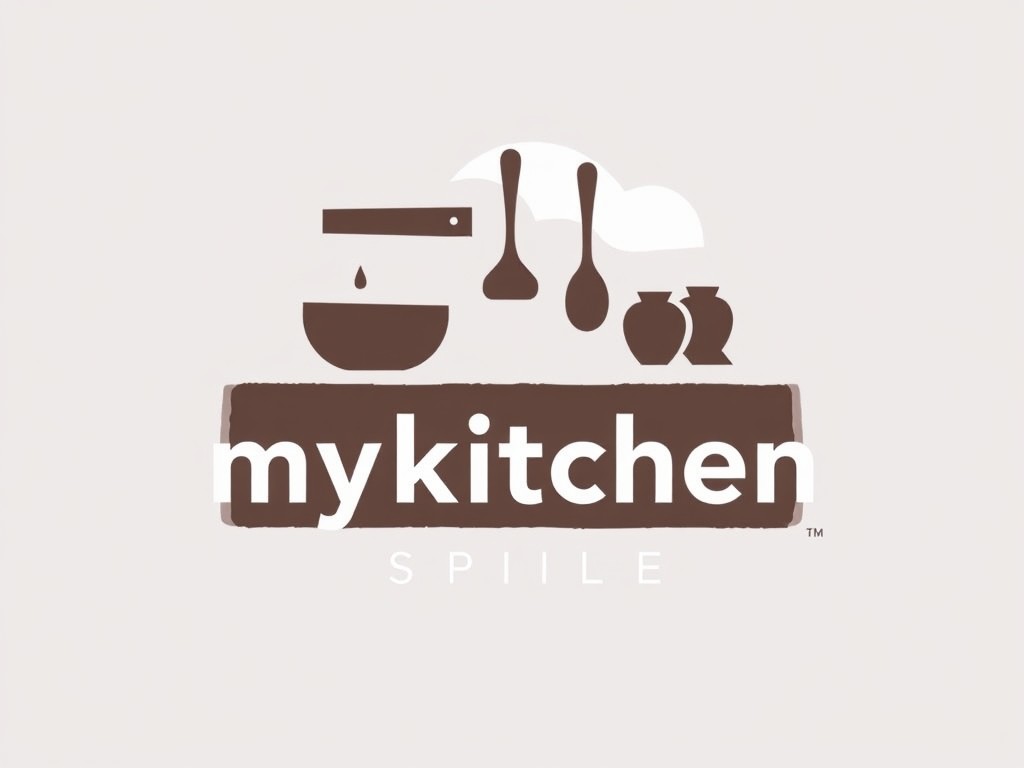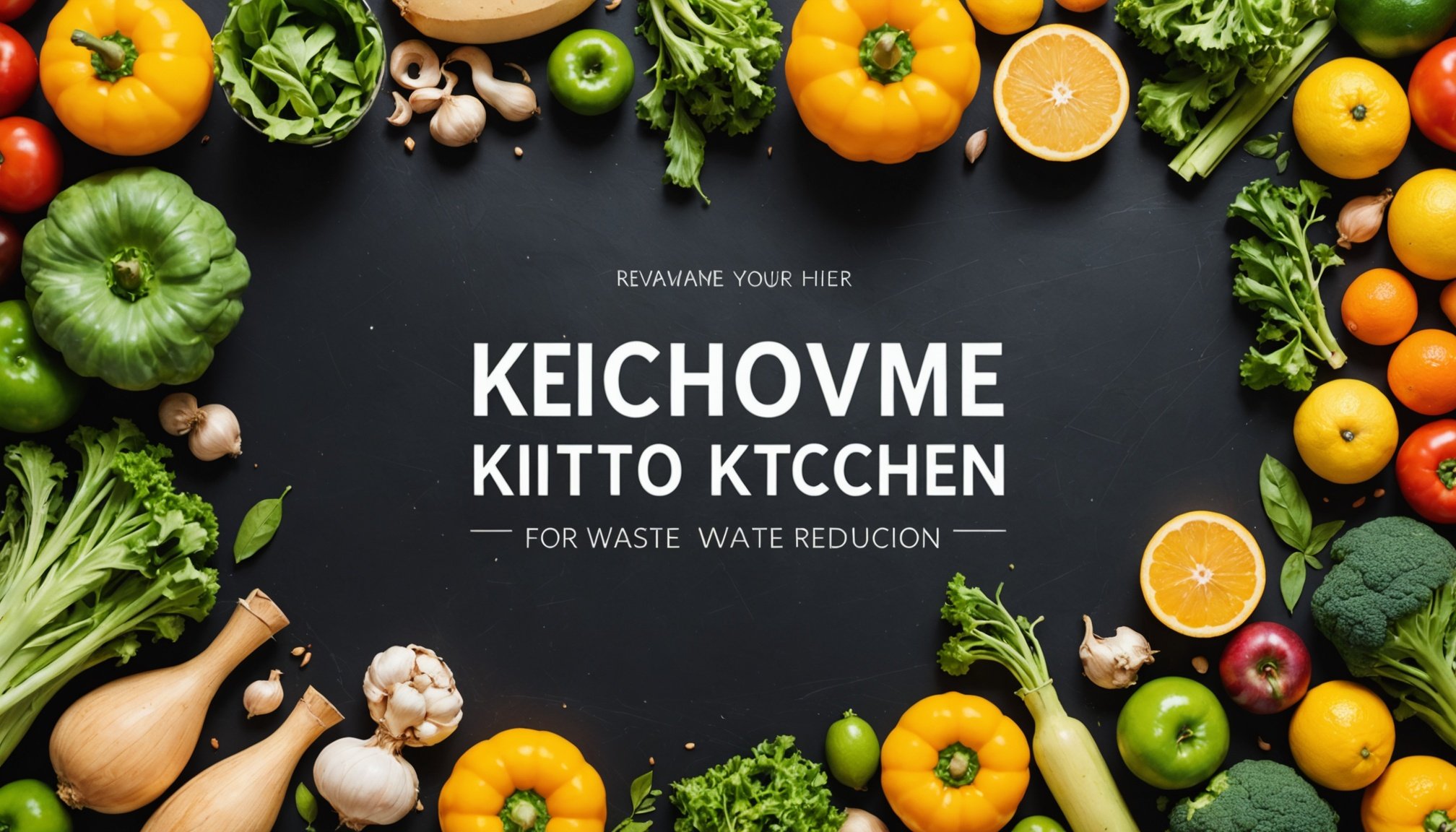Revamp Your Kitchen: Clever Techniques for Effortless Food Waste Reduction
Transforming Your Kitchen into an Eco-Friendly Space
When it comes to reducing food waste, the kitchen is the heart of the operation. Here, we’ll explore some clever techniques to help you make your kitchen an eco-friendly haven where every ingredient is valued and every scrap is utilized.
Optimizing Your Storage Solutions
Effective storage is key to reducing food waste. Here are some tips to help you make the most of your kitchen storage:
In the same genre : Creating senior-friendly kitchens: innovative strategies to safeguard our aging loved ones
- Use Vertical Space: Maximize your kitchen’s vertical space by installing shelves, hooks, and wall-mounted storage units. This will help keep your countertops clear and ensure that all your items are easily accessible.
- Label and Organize: Label each storage container and shelf to ensure you know exactly what you have and where it is. This helps in meal planning and prevents items from getting lost in the back of your pantry or fridge.
- First In, First Out (FIFO): Implement the FIFO method in your storage. This means that the oldest items are used before the newer ones, reducing the likelihood of expired or spoiled food[4].
Smart Meal Planning to Reduce Food Waste
Meal planning is a powerful tool in the fight against food waste. Here’s how you can make it work for you:
Analyze Your Consumption Patterns
Before you start planning meals, take some time to analyze what you and your family typically eat. Identify the ingredients you use most frequently and plan your meals around them. This helps in avoiding unnecessary purchases and reduces the risk of unused items expiring or going bad.
Also read : Smart solutions: innovative ideas for incorporating a walk-in pantry in your compact kitchen layout
Create a Weekly Menu
Plan your meals for the week ahead. This can be as simple as deciding on breakfast, lunch, and dinner options for each day. Make sure to include recipes that use up leftovers and scraps. For example, if you’re cooking a roast chicken on Sunday, plan to use the leftovers for chicken sandwiches or soup on Monday[4].
Shop Smart
When you go shopping, stick to your meal plan. Buy only what you need, and avoid impulse purchases. Here are some additional tips:
- Buy in Bulk Wisely: While buying in bulk can save money, it can also lead to waste if the items expire before you can use them. Make sure you have enough storage space and a plan to use the items before they go bad.
- Choose Seasonal Produce: Buying fruits and vegetables that are in season not only reduces waste but also supports local farmers and ensures fresher produce[5].
Creative Cooking to Use Up Scraps
Cooking creatively is one of the best ways to reduce food waste. Here are some ideas and recipes to help you make the most of your food scraps:
Utilize Every Part of the Ingredient
- Vegetable Scraps: Use vegetable scraps to make broth or stock. Simply collect the scraps in a freezer bag and when the bag is full, simmer them in water to create a nutritious and flavorful broth.
- Meat Bones: If you’re cooking meat with bones, save the bones to make a delicious and nutritious bone broth.
- Fruit Peels: Use fruit peels to make marmalades or add them to your tea for extra flavor.
Recipes to Reduce Food Waste
Here are a few recipes that can help you use up common food scraps:
- Soup: A great way to use up leftover vegetables, meat, and bones. Simply sauté the ingredients in a pot, add some broth, and let it simmer.
- Smoothies: Blend leftover fruits, yogurt, and milk to make a quick and healthy smoothie.
- Bread Pudding: Use stale bread to make a delicious bread pudding. Simply tear the bread into pieces, mix with eggs, milk, and any other desired ingredients, and bake until golden brown.
Innovative Storage Solutions
Innovative storage solutions can significantly reduce food waste by keeping your ingredients fresh for longer. Here are some ideas:
High-Quality Refrigerators and Freezers
Invest in high-quality refrigerators and freezers that maintain optimal temperatures and humidity levels. This will help prolong the shelf life of your ingredients[4].
Composting
Composting is a great way to turn food scraps into nutrient-rich soil for your garden. Here’s a simple guide to get you started:
- Collect Biodéchets: Collect your food scraps in a designated bin or bag.
- Add to Compost Pile: Add the scraps to your compost pile along with other organic materials like leaves or straw.
- Maintain the Pile: Ensure the compost pile is well-mixed and maintained at the right moisture and temperature levels.
Using Technology to Your Advantage
Technology can be a powerful ally in reducing food waste. Here are some tools and apps that can help:
Applications Anti-Gaspillage
Apps like those mentioned by Maxima can help you sell excess food at reduced prices or find recipes that use up specific ingredients. Here are a few examples:
- Food Rescue Apps: Apps like Too Good To Go or Flashfood allow you to purchase surplus food from local restaurants and grocery stores at a discounted price.
- Recipe Apps: Apps like Yummly or BigOven provide recipes based on the ingredients you have on hand, helping you use up leftovers and scraps[4].
Practical Tips for Reducing Kitchen Waste
Here are some practical tips to help you reduce kitchen waste on a daily basis:
Refuse Non-Essential Items
- Avoid Single-Use Plastics: Replace plastic bags with reusable bags, and use your own containers when buying takeout or going on picnics[2].
- Refuse Freebies: Be mindful of free items like samples or goodies that often end up as waste[2].
Reduce and Reuse
- Buy in Bulk: Purchase items like nuts, grains, and dried fruits in bulk to reduce packaging waste.
- Reuse Containers: Use glass jars or containers to store food instead of disposable plastic containers.
Make the Most of Your Pantry
- Regularly Clean Out Your Pantry: Go through your pantry regularly to ensure you use up older items before they expire.
- Use Up Leftovers: Plan meals that use up leftovers to avoid throwing away perfectly good food.
Table: Comparing Different Storage Solutions
Here’s a comparative table to help you choose the best storage solutions for your kitchen:
| Storage Solution | Benefits | Drawbacks | Cost |
|---|---|---|---|
| High-Quality Refrigerators | Maintains optimal temperatures and humidity levels, prolongs shelf life | Higher initial cost | $$-$$$ |
| Composting Bins | Turns food scraps into nutrient-rich soil, eco-friendly | Requires maintenance, space | $-$$ |
| Glass Jars | Reusable, non-toxic, aesthetically pleasing | Fragile, may break if dropped | $-$$ |
| Reusable Containers | Durable, easy to clean, reduces plastic waste | May be bulky, requires space | $-$$ |
| Vertical Shelves | Maximizes vertical space, easy access to items | Installation required, may be expensive | $$-$$$ |
Quotes from Experts
Here are some insightful quotes from experts in the field:
-
“It’s often a question of time and creativity in the kitchen. The more time you spend on food and meal preparation, the closer you are to your food. Instead of constantly buying new food, always check what you have in your fridge.” – Markus Hurschler, Director of United Against Waste[5].
-
“Using your own containers when buying takeout or going on picnics can significantly reduce plastic waste. It’s a simple change that makes a big difference.” – Greenpeace France[2].
Reducing food waste in your kitchen is a journey that requires a bit of planning, creativity, and the right tools. By optimizing your storage solutions, planning your meals carefully, cooking creatively, and using technology to your advantage, you can significantly reduce the amount of food waste generated in your home.
Remember, every small change you make can have a big impact. Whether it’s using up every part of an ingredient, composting your food scraps, or simply being more mindful of your consumption patterns, you are contributing to a more sustainable future.
So, take the first step today. Revamp your kitchen with these clever techniques, and watch how effortlessly you can reduce food waste and make your kitchen an eco-friendly haven.










